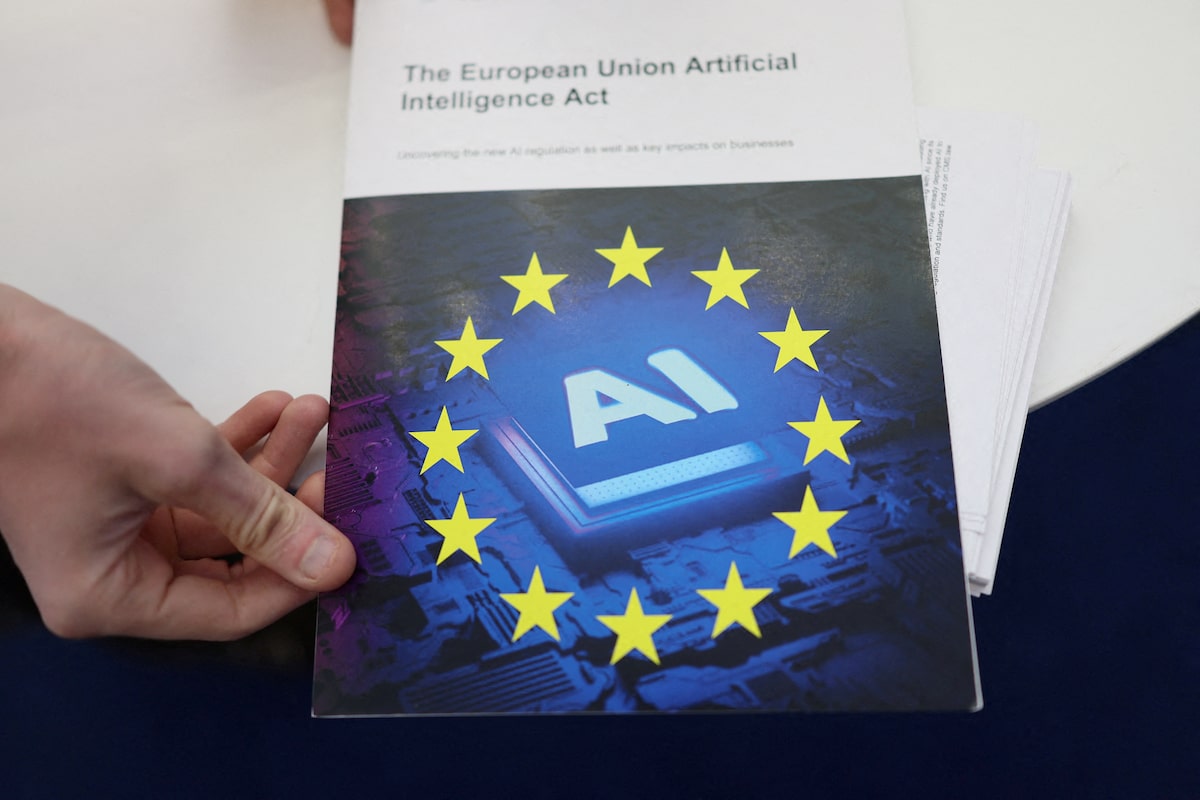
EU Won’t Delay Its AI Act—Regulation Begins August 2025
Jul 5, 2025 |
👀 196 views |
💬 0 comments
The European Union has officially confirmed that it will not postpone the implementation of its groundbreaking AI Act. Despite heavy lobbying from major tech companies, including some of the world’s largest AI developers, the European Commission remains firm on its timeline. The legislation—which was passed earlier this year—is designed to regulate the development and deployment of artificial intelligence technologies across member states, with the goal of protecting user rights, ensuring transparency, and fostering safe innovation.
Under the law, obligations for general-purpose AI models (GPAIs), like those powering systems such as ChatGPT or Claude, will take effect in August 2025. These models must comply with strict transparency rules, including clear documentation of training data, model performance, and risk management. By August 2026, the EU will begin enforcing rules for “high-risk” AI systems—tools used in biometric surveillance, job hiring, critical infrastructure, or medical settings—which must pass rigorous testing and oversight before deployment.
To ease compliance pressures, the EU is also preparing a set of support tools and guidelines aimed at helping smaller businesses, startups, and open-source communities meet the regulatory requirements without being financially overwhelmed. This effort reflects the Commission’s broader ambition to strike a balance between innovation and regulation—supporting homegrown AI growth while curbing potential misuse.
With the AI Act, the EU becomes the first major global bloc to implement legally binding rules for artificial intelligence. The rest of the world—including the U.S. and China—is watching closely. Whether this regulation sets a gold standard or creates unforeseen friction in the global AI race remains to be seen, but its impact is already sending ripples across the tech industry.
🧠 Related Posts
💬 Leave a Comment
